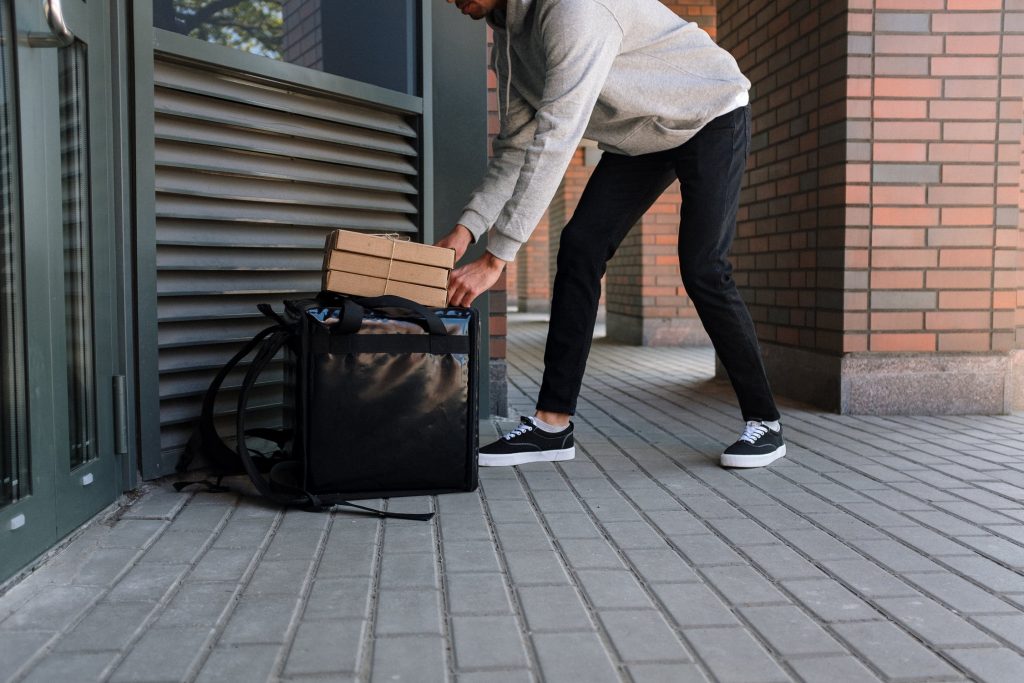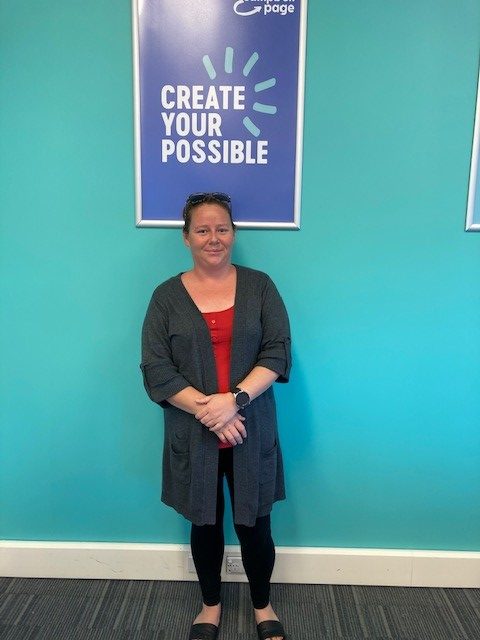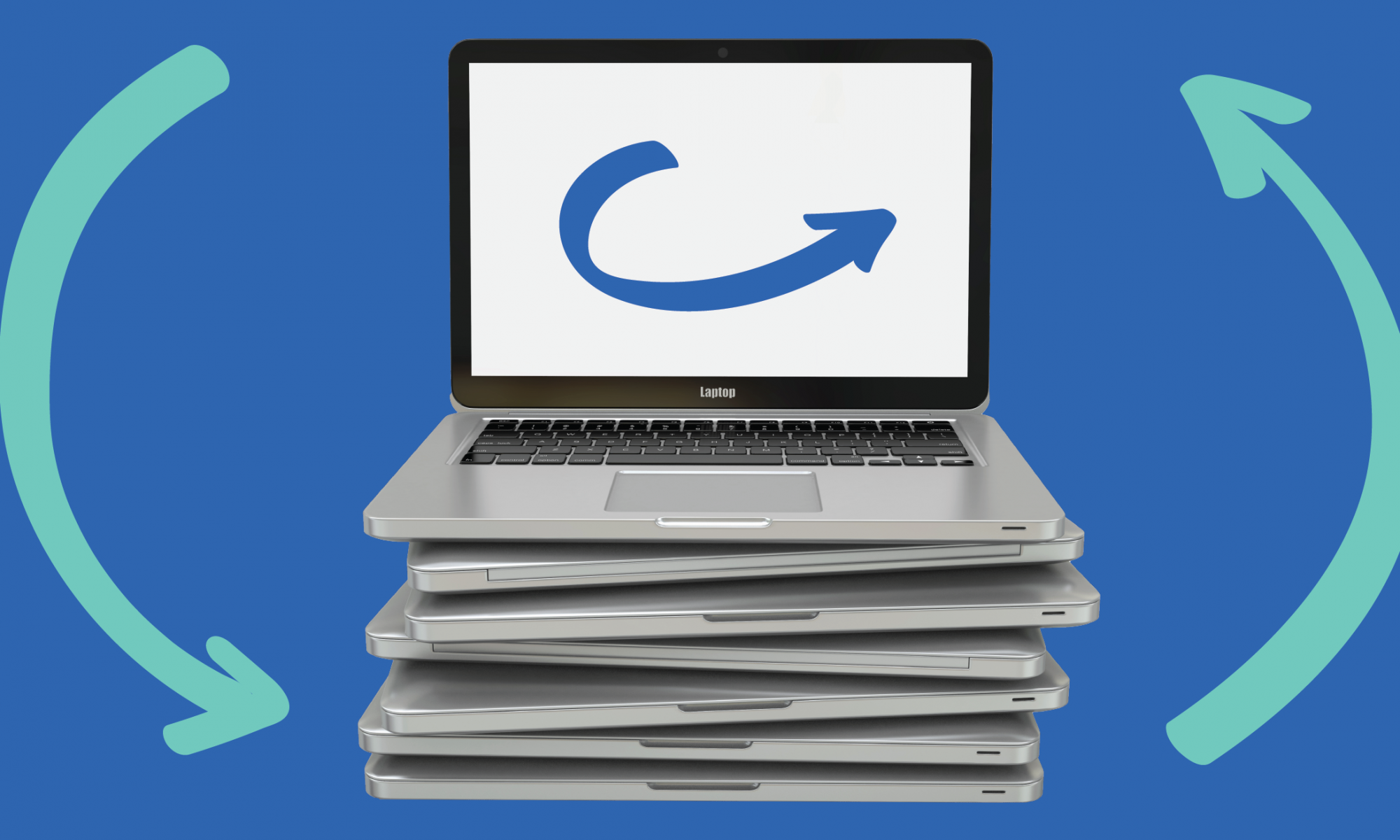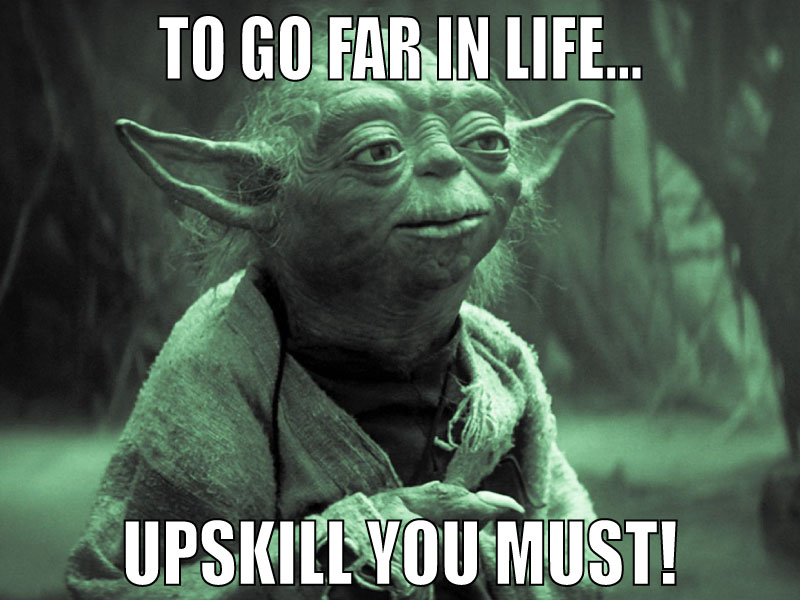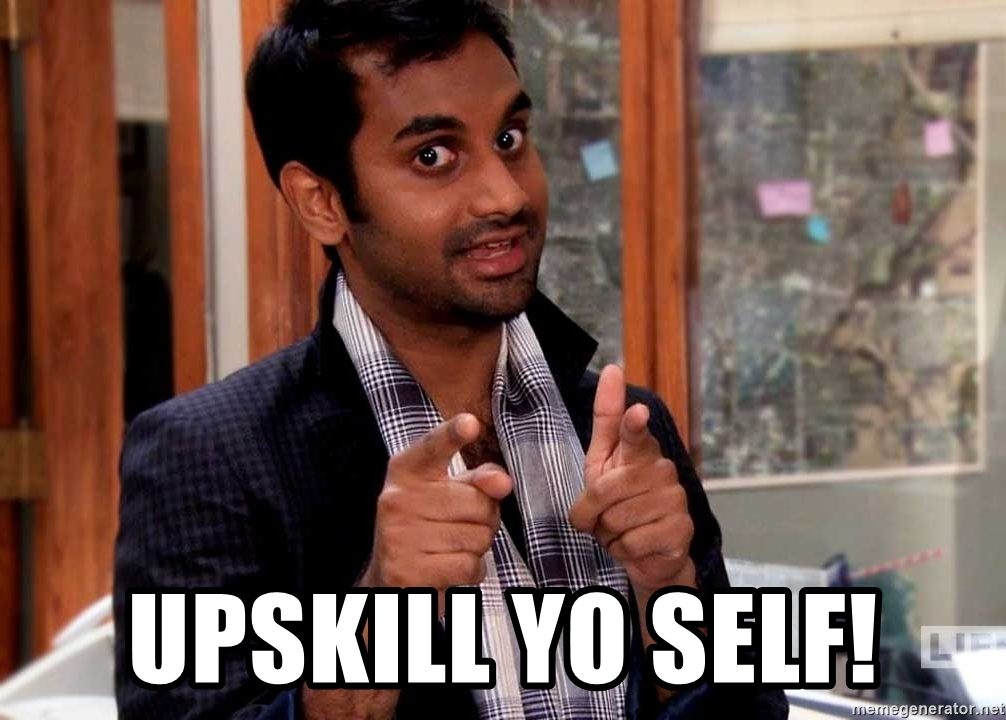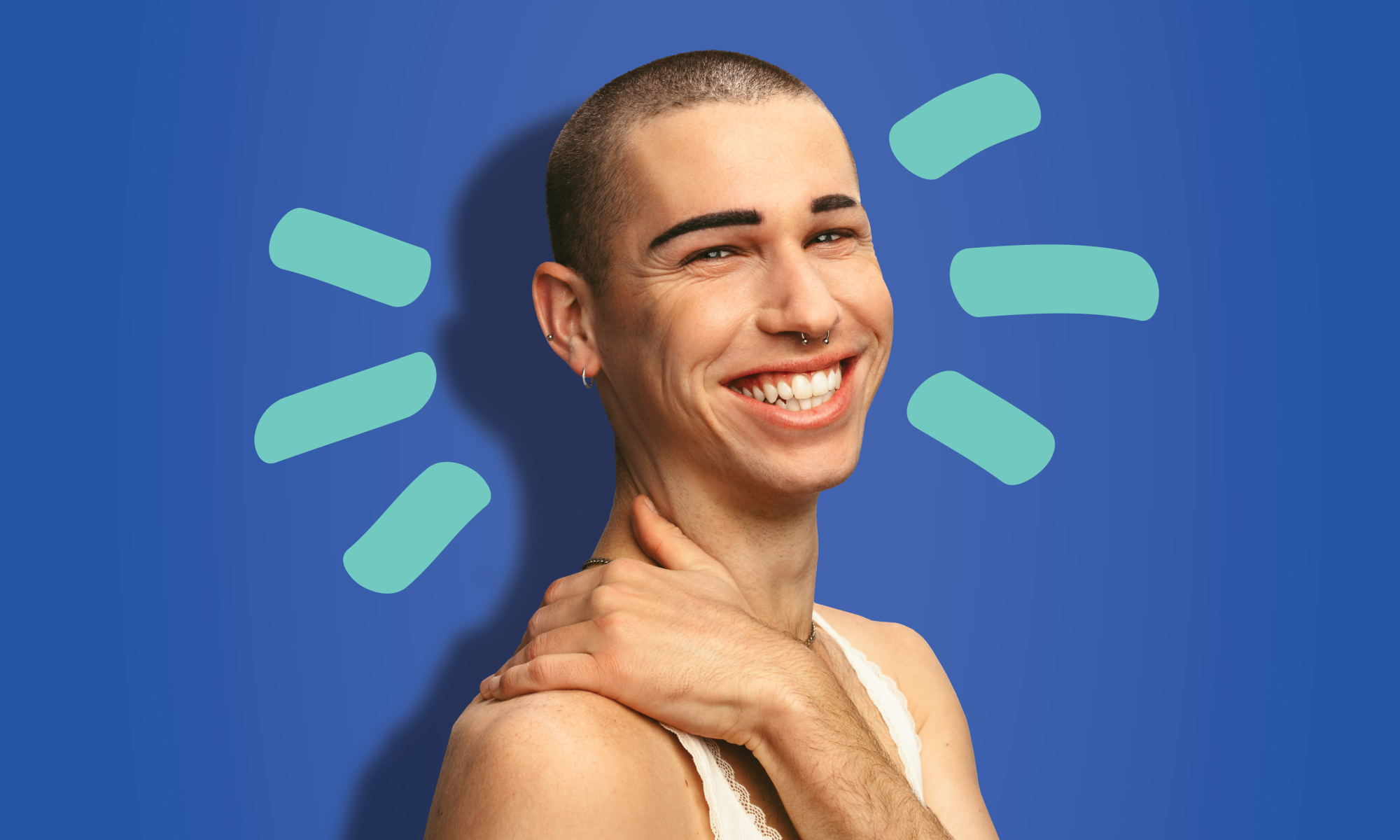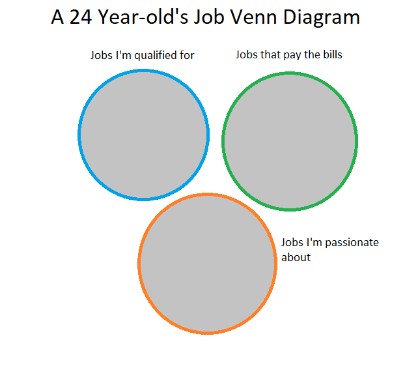You’ve just got the call; you beat out tonnes of other applicants with your resume and you landed an interview. You’re probably so excited, (and you should be- this is huge) but maybe there’s a tiny hint of worry setting in about what to wear to put your best foot forward.
Formal, semi-formal, business casual- huh? Dress codes may as well be in a different language. Don’t sweat it! We’ve broken down what to wear depending on the type of job you’re going for with handy pictures and some simple guides to follow.
Finding the right fit
Just like clothes, this isn’t a one size fits all approach- the fit matters. Choose well-fitting clothing that has been sized to your body. It not only looks neat and tidy, but if you’re comfortable you’ll be able to focus on nailing the interviewer’s questions, not adjusting your top every 5 minutes.
Take some time to think about the organisation (and the position) you’re interviewing for. This will give you a hint for how you should dress and show the interviewer you’ll fit in with the company, and their approved dress code.
So, what’s the right outfit for your industry?
Administration or customer service
Wear a collared shirt or blouse and dress pants or skirt, or opt for a simple, well-fitting dress. Add a blazer to really elevate your look.


Warehousing and trades
Go for something slightly more relaxed, but polished. A nice polo shirt and chinos are perfect.


Retail
If you’re going for a job in retail, you can never go wrong with a nice blouse or collared shirt and dress pants or a skirt.
Fashion retail
If you’ve landed an interview in fashion retail, show off your style and understanding of current trends, just don’t go overboard.


Opt for something fun and fashion forward, but not too over the top 

Keep the crazy couture to the runway when it comes to dressing for fashion retail.
Cleaning
A simple polo or nice blouse and tailored pants will look tidy. What better impression for a cleaning position right?
Community care (like child minding or aged care)
Choose something neat and fuss free such as comfortable tailored pants, a blouse or sweater top. Don’t be afraid to add some pops of colour.


Steer Clear
While it’s great to show off a bit of your personality in your interview outfit, it’s most appropriate to err on the side of caution and opt for something more conservative. Here’s some things to avoid:
- Low necklines and short skirts or shorts. Keep these items for after hours.
- Big logos, wild patterns and printed t-shirts. These pieces can look messy or give off the wrong impression
- Avoid wearing activewear like leggings, it’s good to be comfortable, but this is getting a little too comfortable.
- Don’t overdo jewellery, accessories or perfume.
- Clothing with rips, holes or stains. Turning up looking a little worse for wear doesn’t exactly fill an interviewer with confidence.


Don’t forget about your feet
Shoes are an important step for finishing off an outfit. Opt for a style that’s closed toe, in a neutral colour and that’s mud and scuff free. Heels are always optional, and they don’t have to be sky high. If you can’t walk in them, don’t wear them.
Paying for your professional look
If you’re reading along and thinking “how am I going to pay for this!” it’s all good. Chances are you aren’t interviewing at the same place or with the same people every time, so it’s totally ok if you recycle the same outfit to save a bit of money.


You can also pick up a range of great button down and polo shirts, blazers and slacks at your local op shop or business wear section at department stores like Kmart and Target for affordable prices. If you don’t have the money to splurge on a new look and you don’t think you’ve got an outfit in your closet that’ll work, don’t panic. We can help with this too, just let our team know.
So that’s it! You’re now ready to dazzle in your new interview get up and can we just say- WOW. You’re one FINE looking applicant. They’d be fools not to hire you.
READY TO FIND WORK?
Got your look nailed but need more support to hone your interview skills? We’re here to help. Send us a message and we’ll will be in touch shortly, or better yet, call us now on 1300 139 920
Images: Harpers Bazaar, Pinterest, Target Australia, Shutterstock.








